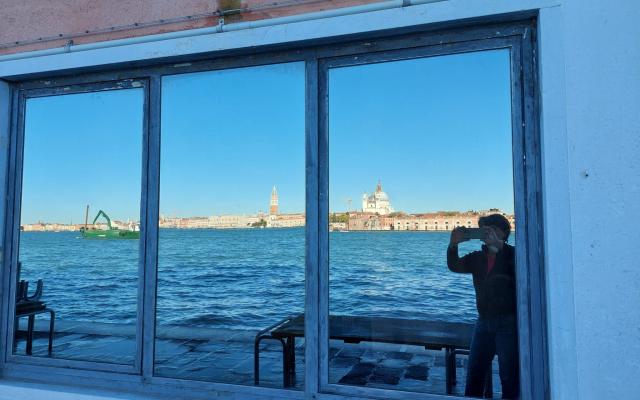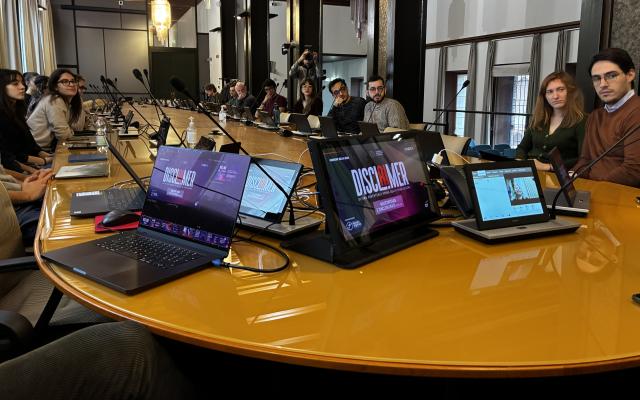3 min.
This is how the “G.D’Annunzio” University of Chieti-Pescara, a SI – School of Italian project partner, summarizes the methodology used in the courses. Thanks to the project, over 400 foreign citizens from 22 different countries residing attended a course. From traditional courses to distance learning courses, over 2400 hours of ad hoc education were provided thanks to specific services such as baby sitting.
Today, the results of the second edition of Project “SI – School of Italian. Integrated Italian Language and Culture in Abruzzo”, were presented, together with a report on integration in the region, at the Regione Abruzzo. The project was financed by the European Fund for the Integration of Third Country Nationals.
Migrants are plenty even in the smallest municipalities and their growth rate is higher than that in the rest of Italy. In fact, the migratory phenomenon in Abruzzo is reaching a plateau. There are about 75,000 immigrants (5.7%) with peaks of three times as many in a number of municipalities (Anversa, Poggio Picenze, Cansano, Pizzoli and Fossa). Immigrant enterprises are mostly individual (8/10) and one out of three is managed by women.
Based on the results of the first edition that ended in June 2013, Project “SI – School of Italian,” which is was financed by the European Fund for the Integration of Third Country Nationals, is promoted by the Regione Abruzzo (lead partner) in collaboration with the Fondazione Mondo Digitale, in collaboration with the Fondazione Mondo Digitale, the Regional School Department, CTPs in Avezzano, Nereto, Pescara, Pescasseroli, Popoli, Silvi and Sulmona and the “G.D'Annunzio Univeristy" of Chieti-Pescara.
“School of Italian 2” has become a regional model for the education of migrants and the fulfillment of their official requirements as set by Integration Agreements and EU residence requirements for long-term residents.
“The schools and regional coordination offices have understood the importance of participating in a system that provides funding for educational activities and allows everyone to grow through a reciprocal exchange of knowledge. This is paramount in a period such as the one we are living in today,” explains Luciano Longobardi, Manager of the Office for Incoming Policy and Integration of Immigrants as well as Social Exclusion and Poverty Office of the Regione Abruzzo.”
“We have acquired a profound knowledge of migratory phenomena in our region from institutions, schools and adult training centres. Networking has become a specific trait of our intervention models,” explains Mirta Michilli, Director General of the Fondazione Mondo Digitale.
All the didactic material developed by the project is on-line at www.mondodigitale.org (resources > didactic material), on the Phyrtual.org Platform and on the Rai Educational Site in the Italian for Foreigners section.
Franco Pittau, who coordinated the survey at the Centro Studi e Ricerche IDOS, believes that “in order to overcome the crisis, Italy needs an extra drive that can be that provided by immigrants and their strong motivation to succeed and partly from a desire to innovate that must involve both Italians and immigrants.”
Event Photo Gallery



